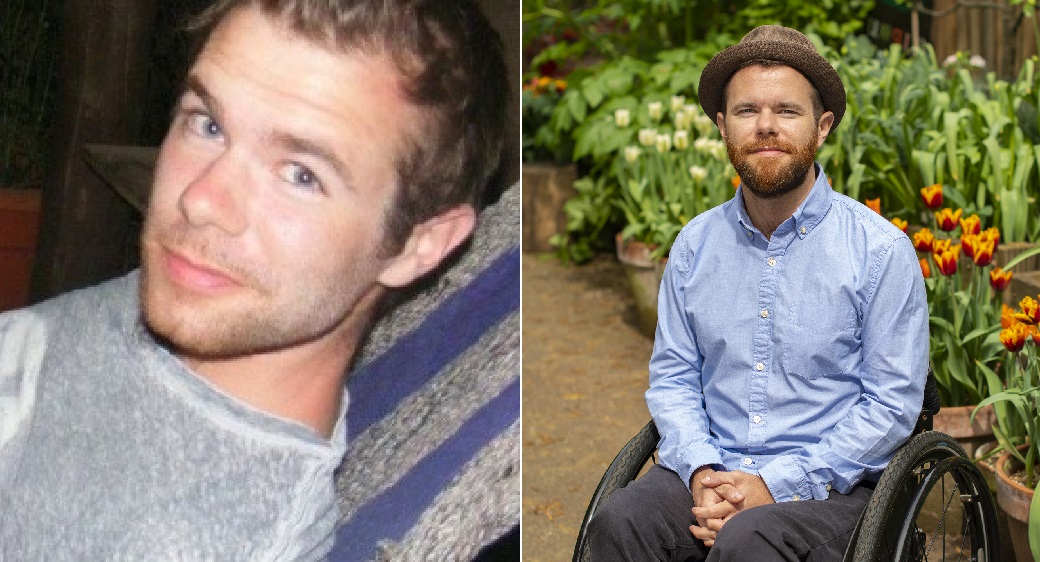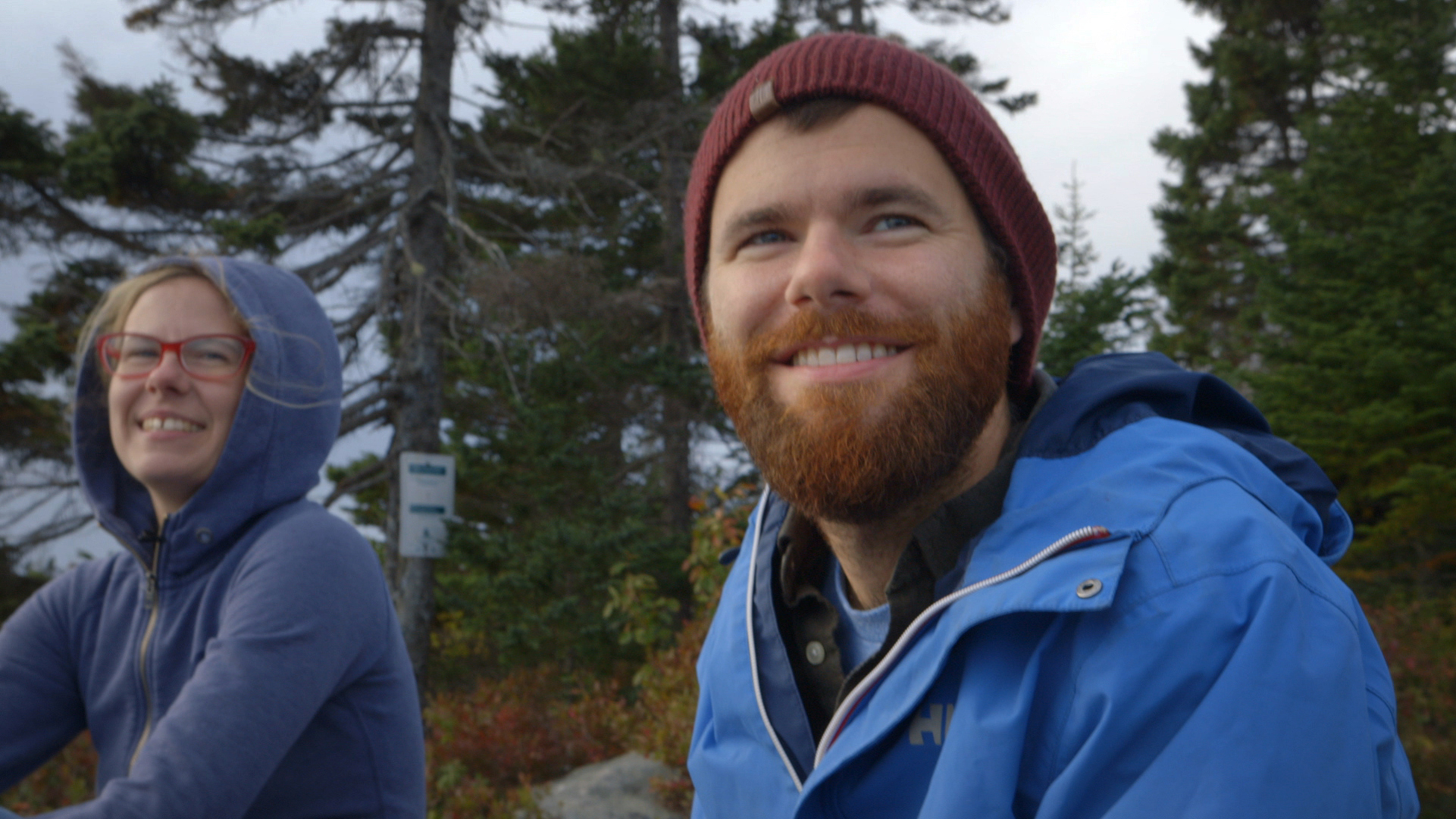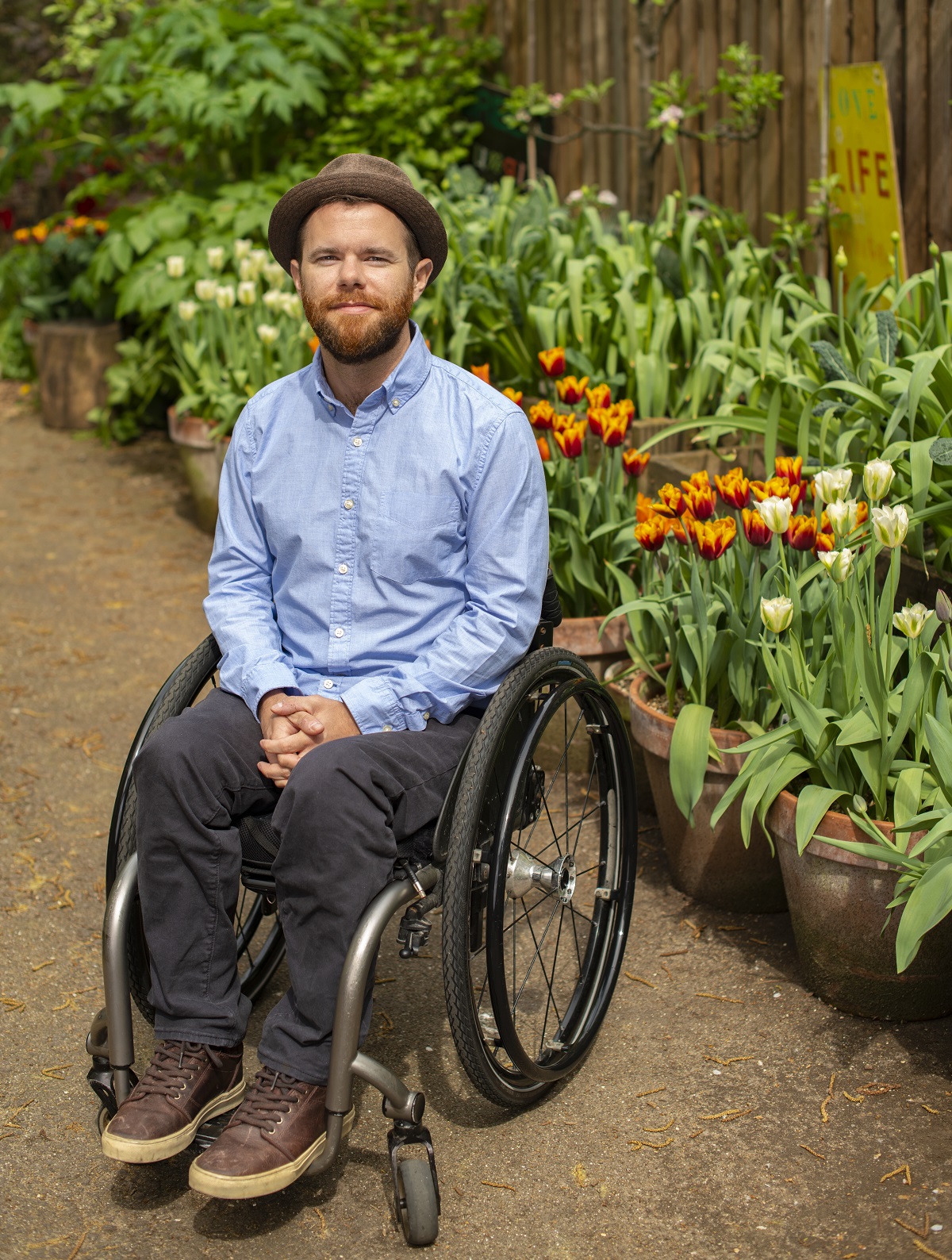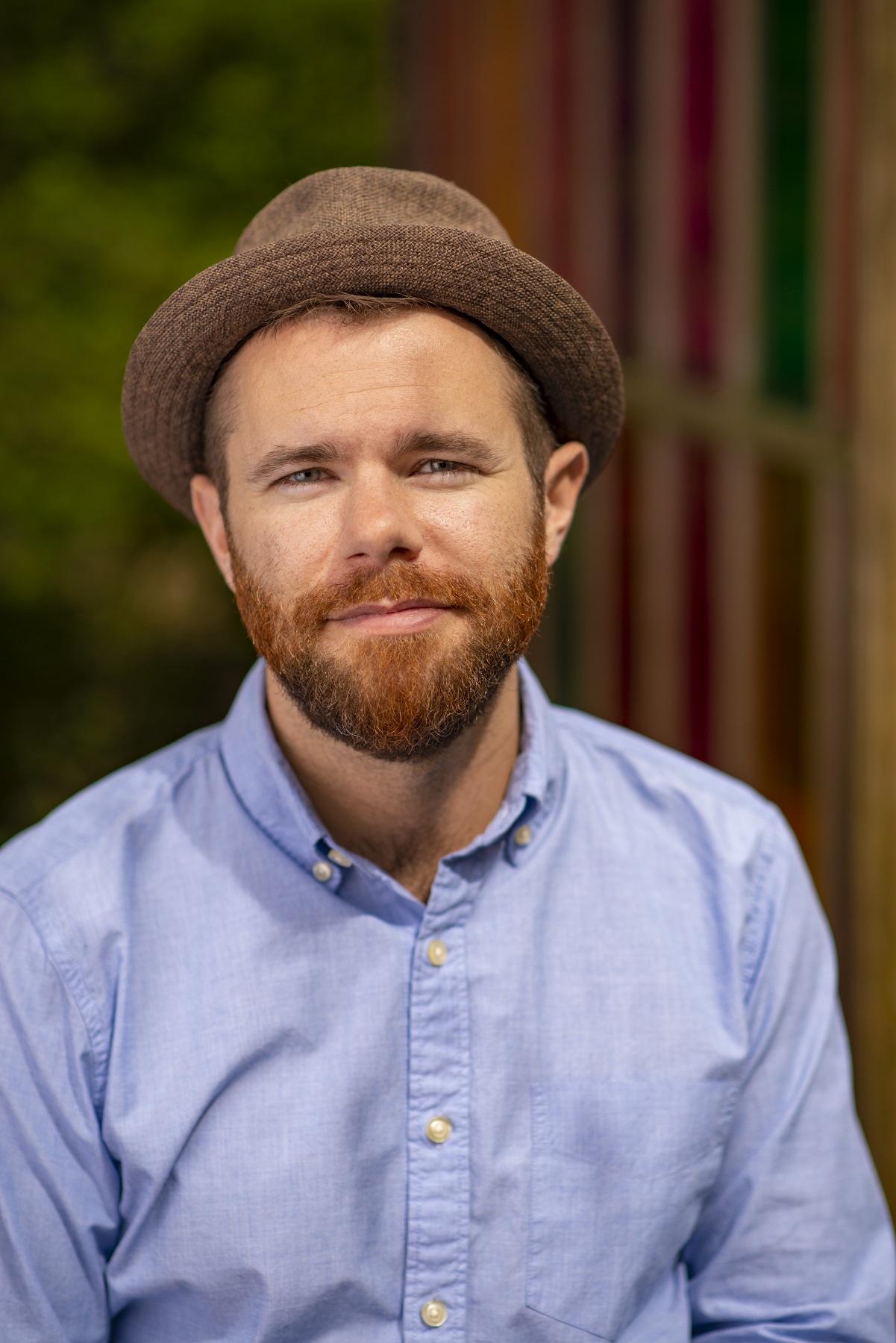‘Homophobes tried to slit my throat and left me paralysed from the waist down’
Scott Jones's life was changed for ever after an unprovoked homophobic attack. Now, he’s the subject of a documentary which draws attention to his country’s poor record on hate crimes.
By Will Stroude

This article first appeared in Attitude issue 297, Summer 2018.
It was Thanksgiving weekend in 2013 and many of my friends had come home to see their families. It was also my friend Andy’s art gallery opening night, so I was out celebrating. It’s interesting thinking about that night, because my friend Amy and I were really on the fence about going out — we were tired, but it was a Friday night and the week was over, so at the last minute we decided to go. I think about that moment a lot.
We were in a small-town, straight bar in New Glasgow, Nova Scotia – my home town in Canada. I’d seen this guy in there and I guess I was kind of checking him out. I was upstairs and called for my friend in what was perhaps an effeminate way, then caught the guy’s eye and I knew he was judging me. I didn’t think too much of it but decided to go downstairs to join the rest of my group.
When we left, I was walking down the street with my arm around Andy’s shoulder — he was drunk, so I was helping him walk. We were chummy in that way, and as we crossed the street I heard yelling and encountered the guy I’d seen at the bar – who I would soon learn was called Shane.
There were two of them, Shane and a friend, who was with Andy while Shane attacked me. It all happened so quickly that I didn’t realised I’d been stabbed until I was in hospital — he tried to slit my throat, then stabbed me twice in the back. I fell to the ground.
That’s a very sobering moment, and even though my memory of some of the other details is blurry, I remember not being able to move my legs.

Scott prior to the attack in November 2013
Initially, I reckoned the wind had been knocked out of me and I thought, “Oh, you’ve been kicked or punched and now you’re on the ground; just give it time.” I was actively trying to calm myself down by breathing slowly, and while that was happening I heard them run off. Then the police and an ambulance arrived, and I was taken to hospital.
Shane had attacked me from behind, so I was still trying to piece together what had happened — I still didn’t realise I’d been stabbed — when the police came to take photos of my injuries for the investigation. They had me turn around, and at that point I felt blood on my back and one of the police officers fainted. I thought, “Why is she fainting? Maybe I’ve been stabbed.”
The first hospital didn’t have the proper staffing or equipment to help me, so I was airlifted to Halifax where they did a bunch of tests – scans and so on. I realised they were checking soft tissue, so knew it wasn’t just a broken bone. I was trying to repress it, but that’s when I first thought that I might be paralysed.
My mum was still on the way to the hospital because it was a two-hour drive from my home, but my sister, Sherise, lived in Halifax so she was there when the doctor told me that I probably wouldn’t walk again.
I remember hearing the news, then hearing my sister’s sobs — that was a reality check because she’s the rock of the family and never cries. It shook me out of the shock and woke me up to my new reality.

Scott with his sister Sherise
For the first four or five months, I was working so hard to adapt to my new normal — emotionally and physically. I was in survival mode. To begin with, I couldn’t get out of bed but while I was recovering, Shane was in police custody as they looked into the crime. I remember the initial interview with the police, where I told them that I believed I was targetted because I’m gay and that it was important for that to be investigated. Later, I couldn’t focus on anything other than my recovery. I wish I’d have pressed that more throughout the investigative and legal process, to encourage the police to treat the attack as a hate crime.
When we were told that Shane was being charged with attempted murder, we were given the impression that that was “good enough.” He pleaded guilty to the charge, which carried a higher sentence than a hate crime, but it was frustrating because it felt as if that was erasing my identity and my experience from the situation — and also erasing an opportunity to learn from such a horrific crime and to start a conversation about homophobia in small towns.
After my attack, I was so moved by the support of my local community; Nova Scotians are incredible people and when tragedy strikes, there’s this wave of support. You see it when there’s a car accident or some kind of challenging event. They sent letters, made food and raised money.
Shortly after the attack, when I was in Intensive Care recovering, my friend was designing a rainbow button to give to people in exchange for a donation. She asked me what message I wanted to go on it, and at that time, I was thinking about how much fear I had carried around with me about being who I was, and how that had influenced my decision-making or the way I acted in certain spaces.
I realised the attack was surrounded by fear: Shane was afraid of me as a gay man, and his actions had resulted in me and my family being afraid of what my life would look like, and the people of Nova Scotia being afraid that this had happened in their community. The tagline I came up with was Don’t Be Afraid.

Photography: Markus Bideaux
That snowballed into a bigger initiative, with a global photo campaign on Facebook and a community event after I left rehab, which more than 300 people attended. We marched in the Pride parade, and went into schools to talk about homophobia.
I’m a choir director so we set up Vox: A Choir for Social Change, with the aim of eliminating homophobia and transphobia through honest conversation and creative expression. My biggest fear is that we wouldn’t learn anything from this experience, but I was really touched that there was such an openness and willingness from people to talk about it.
In the documentary film about my experience — Love, Scott — about two years after the attack, I say that I don’t think I’ve processed it. I was so busy with the campaign. Then that plateaued and I was finally able to take time to address the trauma. Part of that was forgiving Shane, which I realised is not just a one-time thing. I forgave him during his sentencing, which was an incredibly cathartic experience that lifted a giant weight off me.
I wanted to write a letter to him for two reasons: one, to articulate my thoughts, and two, because I needed to see who he was.
In the end, I didn’t send the letter and still haven’t contacted Shane, who’s serving a 10-year prison sentence, but someone is now helping me go about it by talking to his probation officer first.

Since losing the use of my legs, I’ve discovered that there’s a lot of stigma — especially on dating apps — in the gay community towards those who are disabled. There’s so much emphasis placed on the physical body. It can be a cruel world. You’re either ignored, or fetishised or pitied. We need to find other ways to look at disability. However, through this experience with disability and the queer community, I’m meeting wonderful human beings, with a well of compassion and empathy. The wheelchair kind of filters out the uglier, more superficial side of the queer community. It’s interesting.
The message we wanted to get across in the documentary, made by my friend Laura, is that it’s very rare in Canada that someone will actually get charged with, and convicted of, a hate crime. That’s were work is needed.
At the end of Love, Scott, we show statistics about hate crimes in Canada: the law was amended in 1996 to recognise hate crimes based on sexual orientation, and since then a judge has only considered that as a motive in 10 out of thousands of reported cases, while two-thirds of hate crimes go unreported. After attacks such as the one I suffered, there’s a real push by the media to sensationalise and make things positive as quickly as possible.
But it goes so much deeper than that, and hopefully Love, Scott is able to show the human experience and to make a difference. It represents catharsis, feeling and recovery, and I’m excited for the world to see it.
Follow @lovescott_film on Instagram and visit dontbeafraidcampaign.org for more information.
As told to Tim Heap
